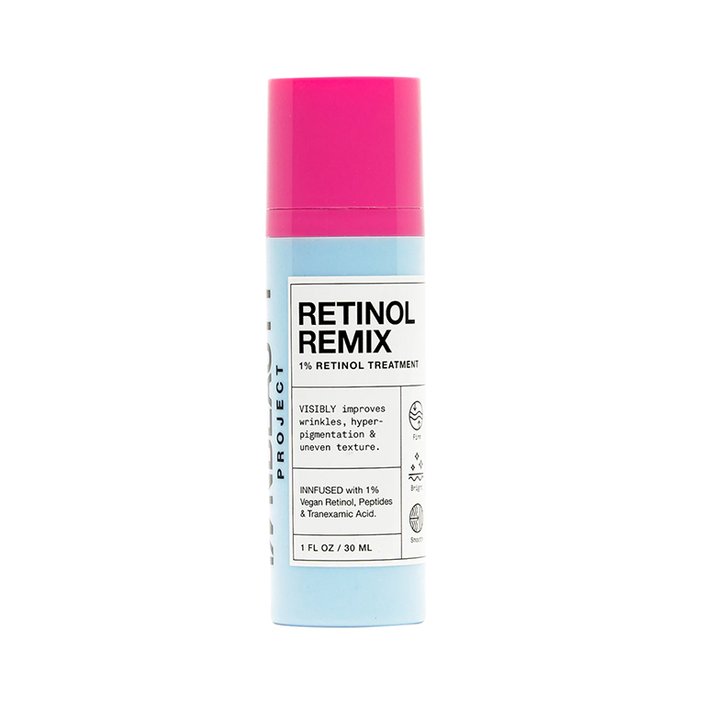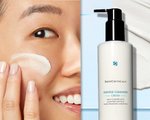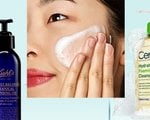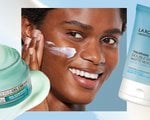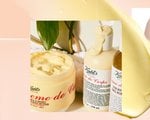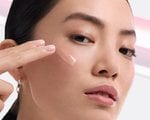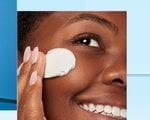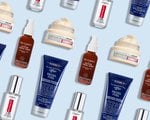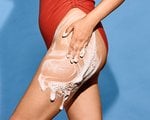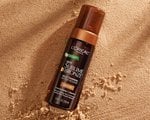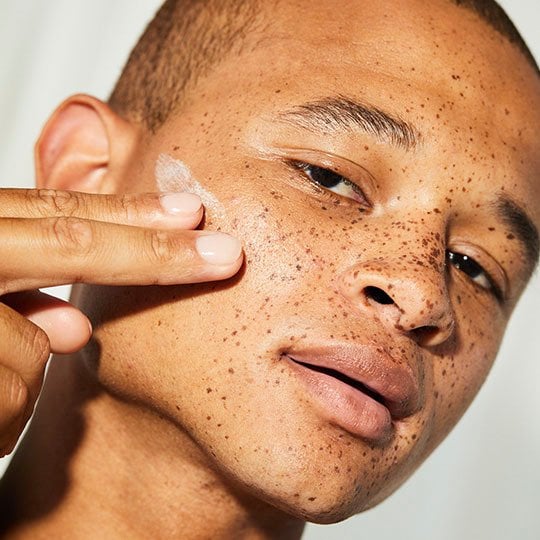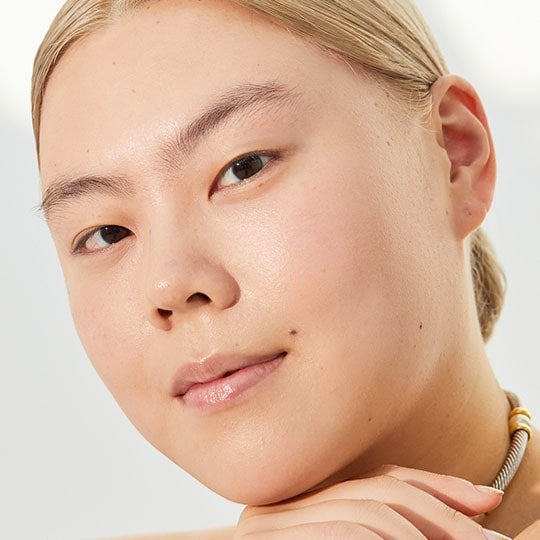How to Safely Use Retinol in the Summer
May 27, 2022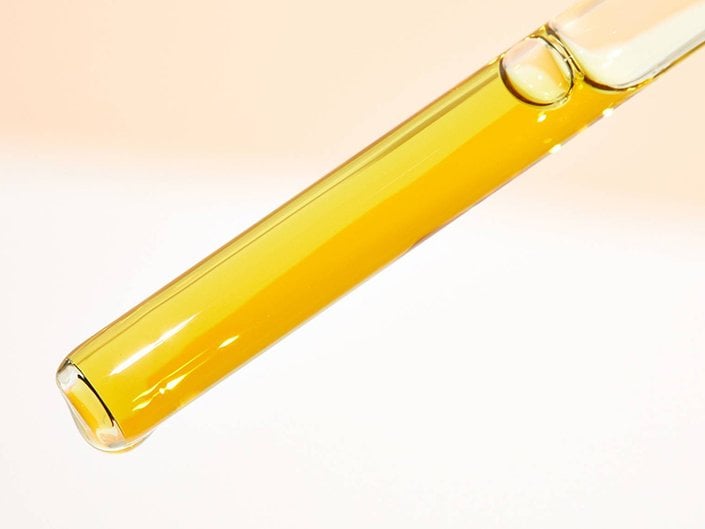
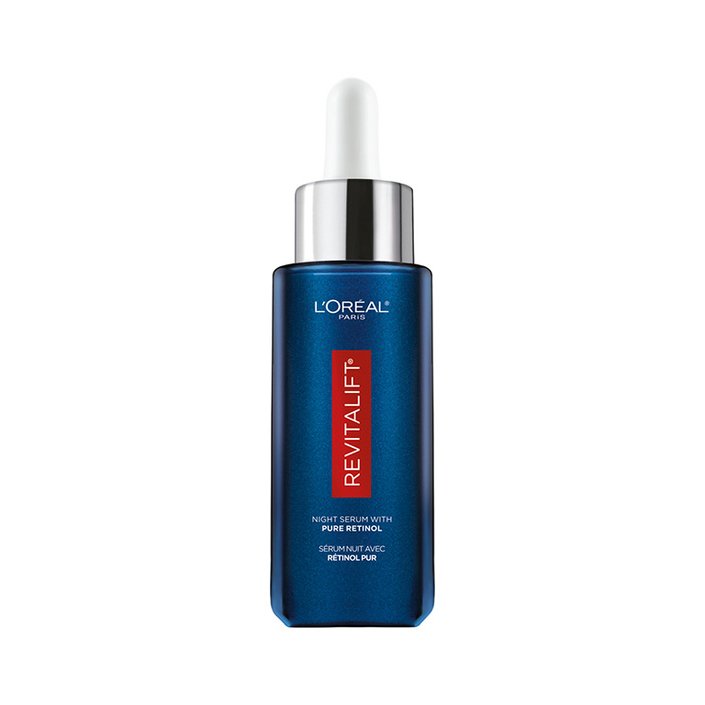
Kiehl’s Micro-Dose Anti-Aging Retinol Serum with Ceramides and Peptide
For a micro-dose formula that’s appropriate for sensitive skin types, opt for this formula from Kiehl’s. It works to even skin tone and texture with little irritation and discomfort. It’s also completely paraben and fragrance free.
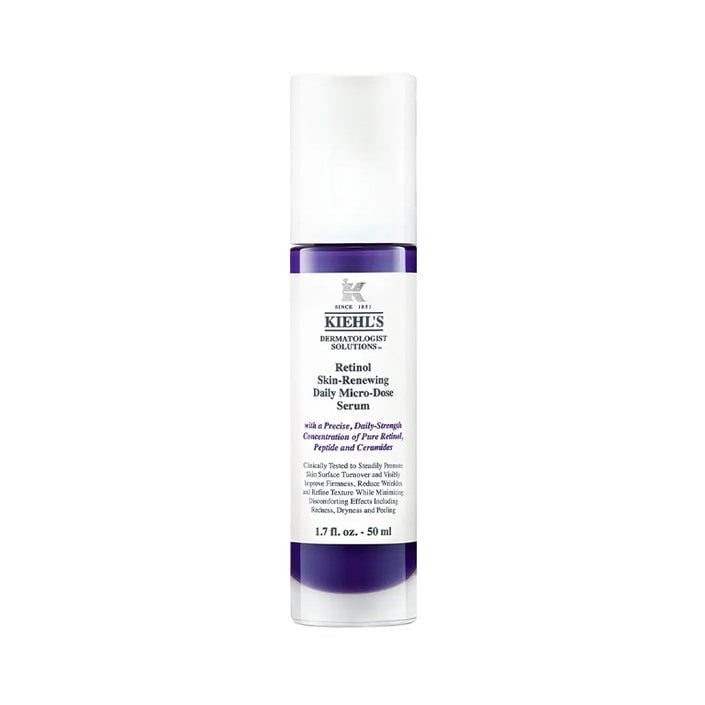
SkinCeuticals Retinol 1.0
Reach for this high-concentration formula to help improve signs of aging, minimize the look of breakouts and help unclog pores. It’s ideal for most skin types, but due to its potency, it’s important to check with your dermatologist before use. To use, the brand recommends applying this product once or twice a week, then slowly increasing frequency to every other night. Sensitive skin types are likely better suited to a retinol product with a lower concentration to build up your tolerance, such as the SkinCeuticals Retinol 0.5.
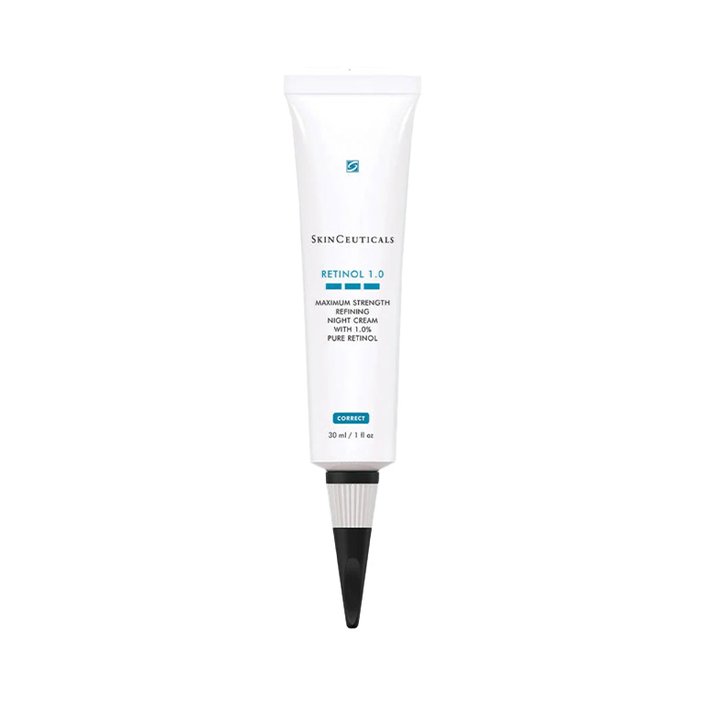
La Roche-Posay Redermic R Anti-Aging Concentrate Intensive
This ultimate anti-aging cream helps visibly reduce wrinkles and smooth the skin’s texture, and it is a must-try if you struggle with fine lines. The lightweight, non-greasy formula can be used daily and is easily layered in combination with daily moisturizers and sunscreens.
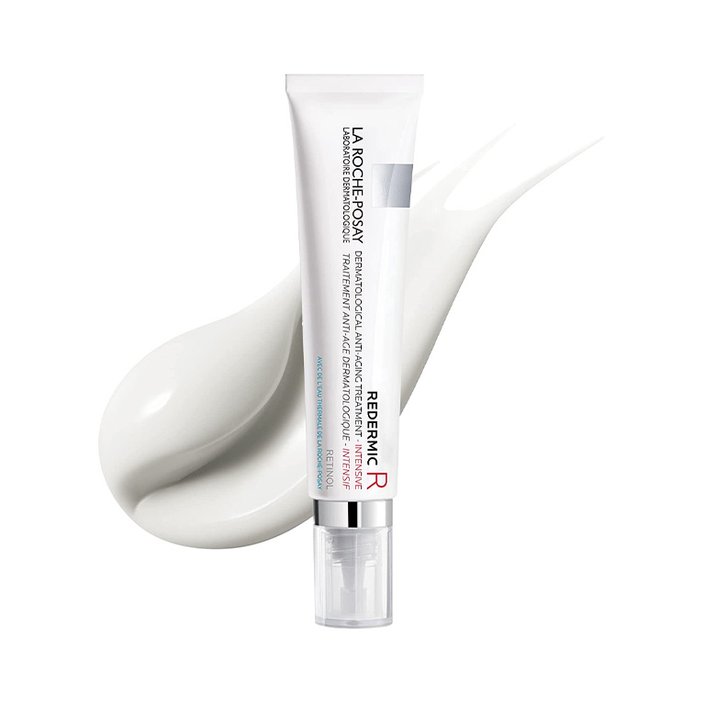
Vichy LiftActiv Retinol HA Concentrate
This daily wrinkle-filler treatment helps to visibly reduce fine lines and plump skin for a youthful-looking glow. The texture is refreshingly lightweight, and a little goes a long way.
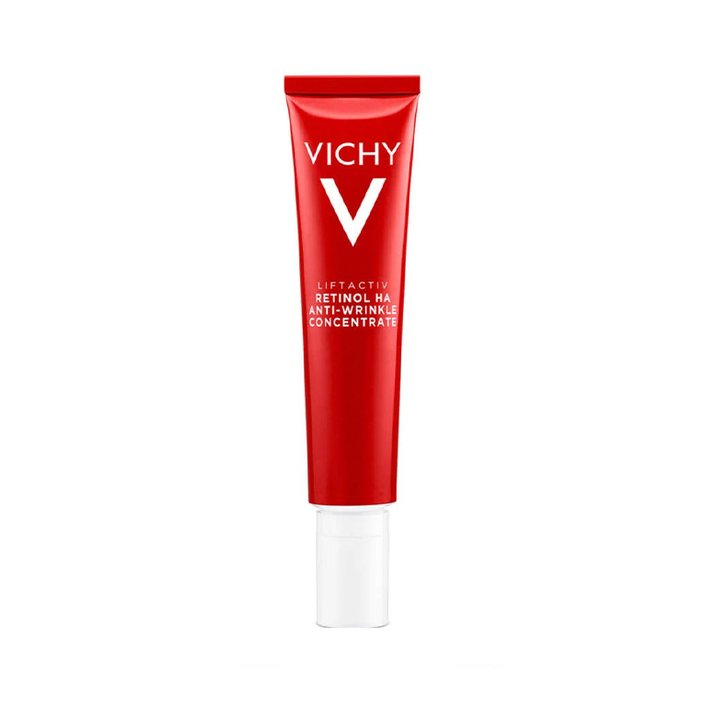
INNBeauty Project Retinol Remix
Powered with vegan retinol, peptides and tranexamic acid, this formula visibly reduces signs of aging and uneven skin tone and texture. According to the brand, the product helps your skin look more radiant, even-toned and smooth.
